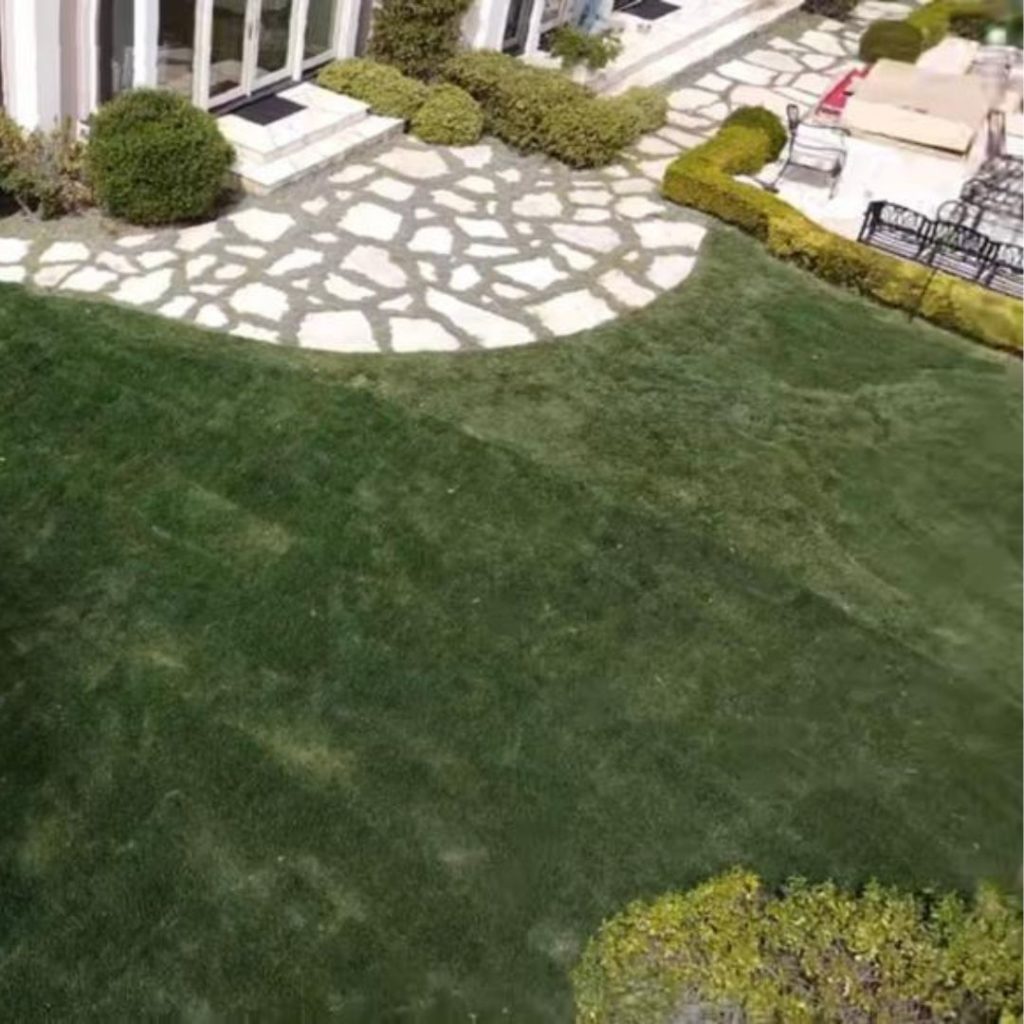Pavers are a popular choice for outdoor areas like driveways, walkways, and patios due to their durability and aesthetic appeal. But how long do pavers last? In this blog post, we will delve into the longevity of pavers, discussing their durability and lifespan to help you understand what to expect when you choose pavers for your outdoor spaces.
Durability of Pavers
Pavers are extremely durable and can withstand heavy loads, making them ideal for high-traffic areas and driveways. They are resistant to cracking and chipping, which are common issues with other materials like concrete or asphalt. Moreover, pavers can handle weather extremes, from harsh sun to freezing temperatures, without losing their structural integrity or aesthetic appeal.
Lifespan of Pavers
The lifespan of pavers largely depends on the quality of the material, installation process, and maintenance routine. High-quality pavers that are properly installed and maintained can last for several decades. In fact, it is not uncommon for pavers to last 30 to 40 years or even longer. This longevity makes pavers a cost-effective option in the long run, despite the initial investment being higher than some other materials.
Factors Affecting the Longevity of Pavers
Several factors can affect the longevity of pavers. These include:
- Quality of Installation: A professionally installed paver surface will typically last longer than a DIY job. Proper installation ensures that the pavers are evenly laid, adequately compacted, and correctly sealed, all of which contribute to their durability and longevity.
- Material: Pavers made from high-quality materials will naturally last longer. Brick and concrete pavers are generally durable, but natural stone pavers like granite or basalt are known for their exceptional longevity.
- Maintenance: Regular maintenance can significantly extend the lifespan of pavers. This includes routine cleaning, sealing every few years, and replacing any damaged pavers promptly.
Paver Maintenance
Maintaining your pavers is relatively simple but crucial for their longevity. Regular sweeping and occasional rinsing can keep your pavers looking their best. For deeper cleaning, a gentle pressure wash can be used. Sealing your pavers every few years can protect them from stains, color fading, and weed growth. If a paver becomes damaged, it can be easily replaced without disturbing the surrounding area.
ConclusionPavers are a long-lasting, durable choice for any outdoor space. With their potential to last for several decades, they offer a combination of beauty and durability that few other materials can match. Whether you’re creating a new outdoor area or replacing an existing one, pavers are a choice that will stand the test of time.
If you’re considering installing pavers and want to ensure a professional and long-lasting result, contact Adept Builders & Design. Our expert team has years of experience in installing pavers that not only look great but are built to last. Get in touch with us today to discuss your project.


